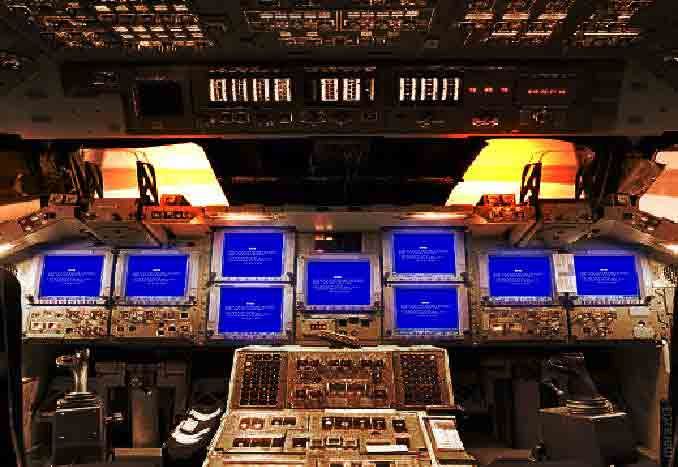HardOCP News
[H] News
- Joined
- Dec 31, 1969
- Messages
- 0
So I am reading this article about the delay in launching the space shuttle Atlantis and I noticed this:
Wait. What?
Bottom line: If Atlantis still is on the ground Dec. 14, its launch would be delayed until around Jan. 7. NASA would avoid flying during the New Year's holiday because the shuttle's computers are not designed to handle the year-end rollover.
Wait. What?
![[H]ard|Forum](/styles/hardforum/xenforo/logo_dark.png)
